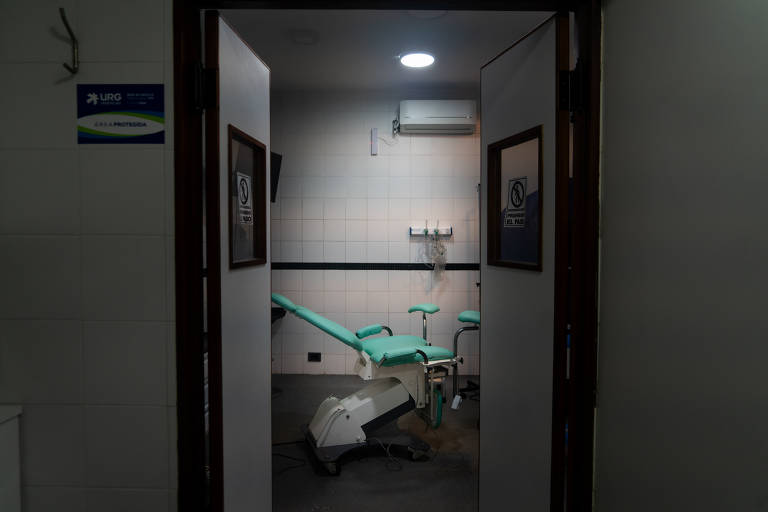Case of M. It was a mutual decision. When the nausea started and Brazilian woman M.
took a pregnancy test in the bathroom without her family knowing (they were in the next room), she called her boyfriend. "What are we going to do?" Becoming parents at 21 and 23 years old wasn't an option. As university students, they decided on abortion.

However, M. wanted a safe procedure, without the risk of ending up in a hospital room and potentially facing hostility. "Let's go to another country," she suggested, despite never having set foot outside Brazil.
The two researched and discovered the right to abortion in Argentina. Like many Brazilian women, M. saw the neighboring country as a safe haven.
The couple arrived in Buenos Aires on a Friday, when they began to be followed by the news, but they still had a long way to go. Their destination was Rosario, a 4-hour bus ride from the capital. Recently featured in the news as a city dominated by drug trafficking violence, this port city in the province of Santa Fe, the fourth most populous in the country with around 1.
3 million inhabitants, is a pioneer in legal abortion rights in Argentina. M. arrived 11 weeks and 4 days pregnant and, after a few hours of sleep, went to a private clinic that in recent years has increasingly received Brazilian women who discover their services through the internet, recommendations from acquaintances, or social projects.
With that gestational period, she qualified for what is known as IVE, voluntary interru.























